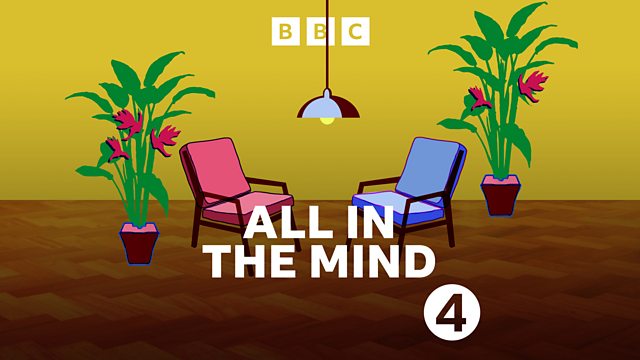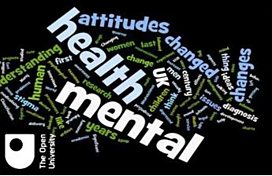Lockdown easing and mental health; early life stress and catching cold; new lockdown jobs
What effect does the easing of lockdown have on people's mental health? Claudia Hammond examines overcoming the psychological challenges of readjusting after weeks of isolation.
Emerging from lockdown might not be as easy on our mental health as it sounds. After weeks spent adjusting to lockdown and working out how to cope, how easy is it to re-adjust to old routines? And is it even possible to predict how we’ll feel about things in a few weeks’ time? Daisy Fancourt, Associate Professor of Behavioural Science and Health at University College London discusses the latest results from the Covid-19 Social study, exploring how people’s feelings have changed during the course of the pandemic. Claudia Hammond is also joined by Paul Dolan, Professor of Behavioural Science at the London School of Economics, and James Downs, a campaigner on mental health and eating disorders.
Claudia Hammond’s guest is psychologist Prof Daryl O’Connor from University of Leeds with news of new research on the striking impact a supportive family environment can have on your susceptibility to the common cold in later life.
We are hearing a lot about the possibility of job losses in the future as a result of the pandemic. But there are some people starting new jobs under lockdown – with the prospect of not meeting their colleagues in person. So how will people manage? We hear from two experts who are just embarking – or about to embark, on new jobs: Andrew Clements a senior lecturer in Organisational Psychology at the University of Bedfordshire and Gail Kinman, Visiting Professor of Occupational Health Psychology at Birkbeck University.
Producer Adrian Washbourne
Produced in association with the Open University
Last on
![]()
All in the Mind is produced in association with The Open University
Broadcasts
- Tue 16 Jun 2020 21:0091�ȱ� Radio 4
- Wed 17 Jun 2020 15:3091�ȱ� Radio 4
Podcast
-
![]()
All in the Mind
The show with the latest evidence on psychology, mental health and neuroscience.




